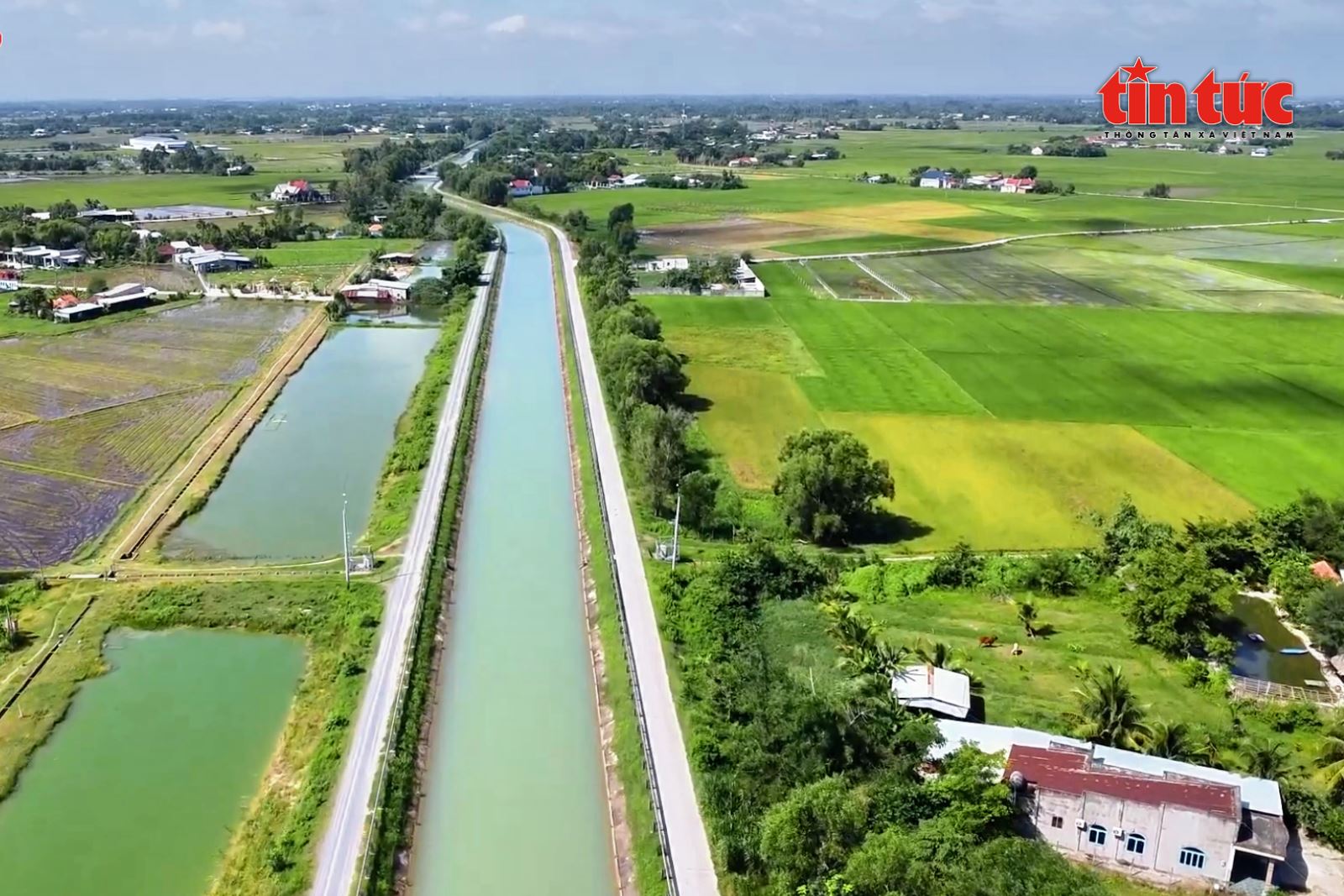
The key to public health and green agriculture
At the Forum, many experts said that water is not only an essential factor in agricultural production, but also the foundation for developing ecological, circular agriculture and adapting to climate change.
In his opening speech, Mr. Vu Minh Viet, Deputy Editor-in-Chief of Agriculture and Environment Newspaper, said: “Clean water and sanitation are not only essential needs but also the foundation for public health, rural quality of life and a safe environment for agricultural production, especially in the context of developing a green - clean - circular agricultural economy , adapting to climate change”.
Mr. Vu Minh Viet added that Decision No. 1978/QD-TTg dated November 24, 2021 approved the National Strategy on clean water supply and rural sanitation to 2030, with a vision to 2045 with ambitious targets: 100% of rural people have access to clean water that meets standards (at least 65% from centralized water supply systems); at least 90% of households have hygienic toilets; 100% of schools and rural health stations have clean water facilities and toilets that meet standards...
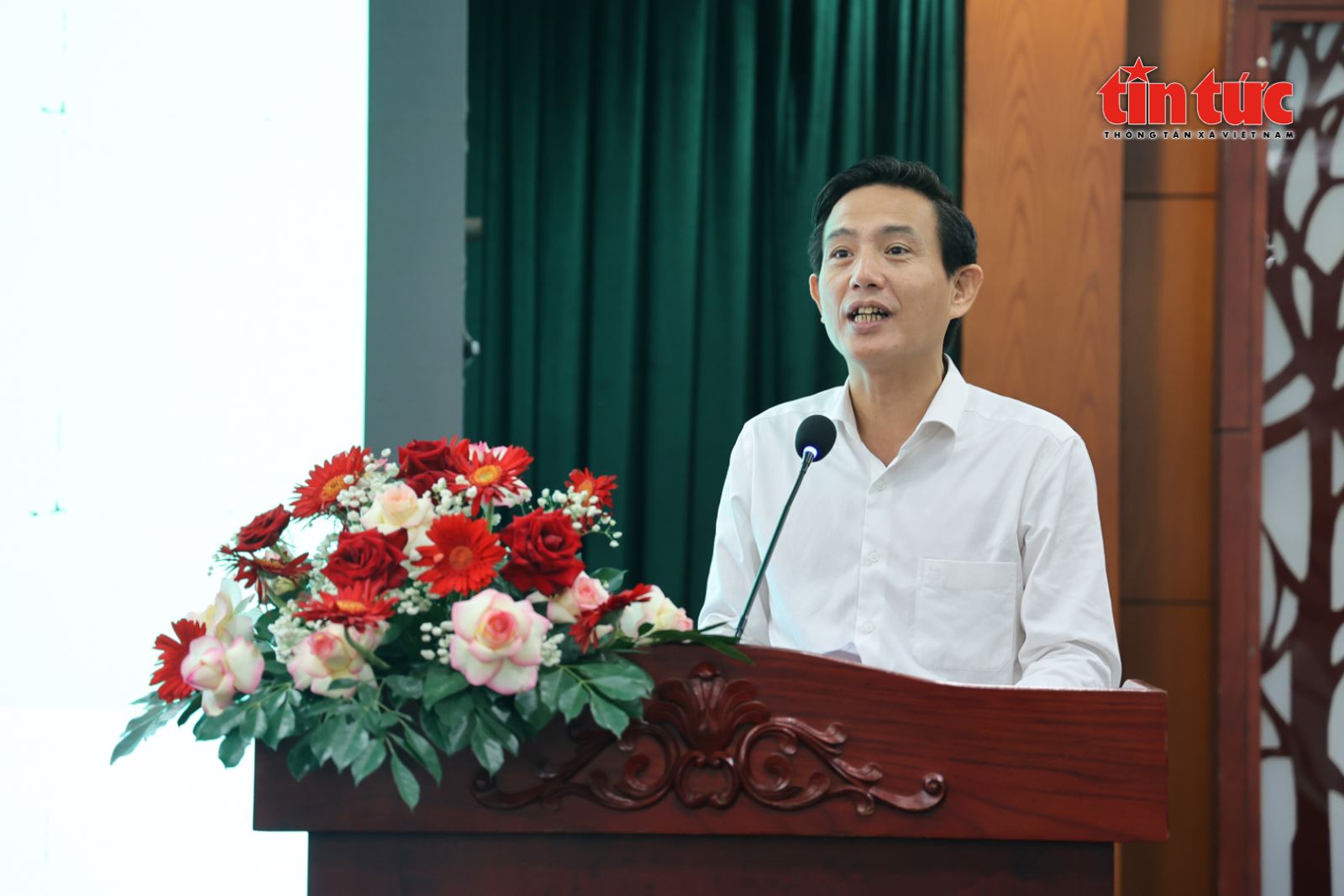
According to Mr. Luong Van Anh, Deputy Director of the Department of Irrigation Works Management and Construction (Ministry of Agriculture and Environment), the agricultural sector is currently facing major challenges from drought, saltwater intrusion and groundwater depletion. “Without a synchronous solution in the management and use of clean water, we will not be able to ensure sustainable productivity and quality of agricultural products in the future,” Mr. Anh emphasized.
Analyzing the differences between regions in the socialization of rural water supply, Mr. Luong Van Anh said: The North has a better foundation for water supply works due to early investment, concentrated scale and a complete treatment system many years ago. The inter-commune water supply system has a relatively tight management process and long-term stability, creating favorable conditions for the private sector to participate in operation and exploitation.
In many key production areas such as the Mekong Delta and the Central Highlands, drought and lack of water for daily life have directly affected the lives of millions of people. Not only have they reduced rice, coffee or pepper productivity, but they have also forced farmers to spontaneously switch crops, disrupting the agricultural ecosystem.
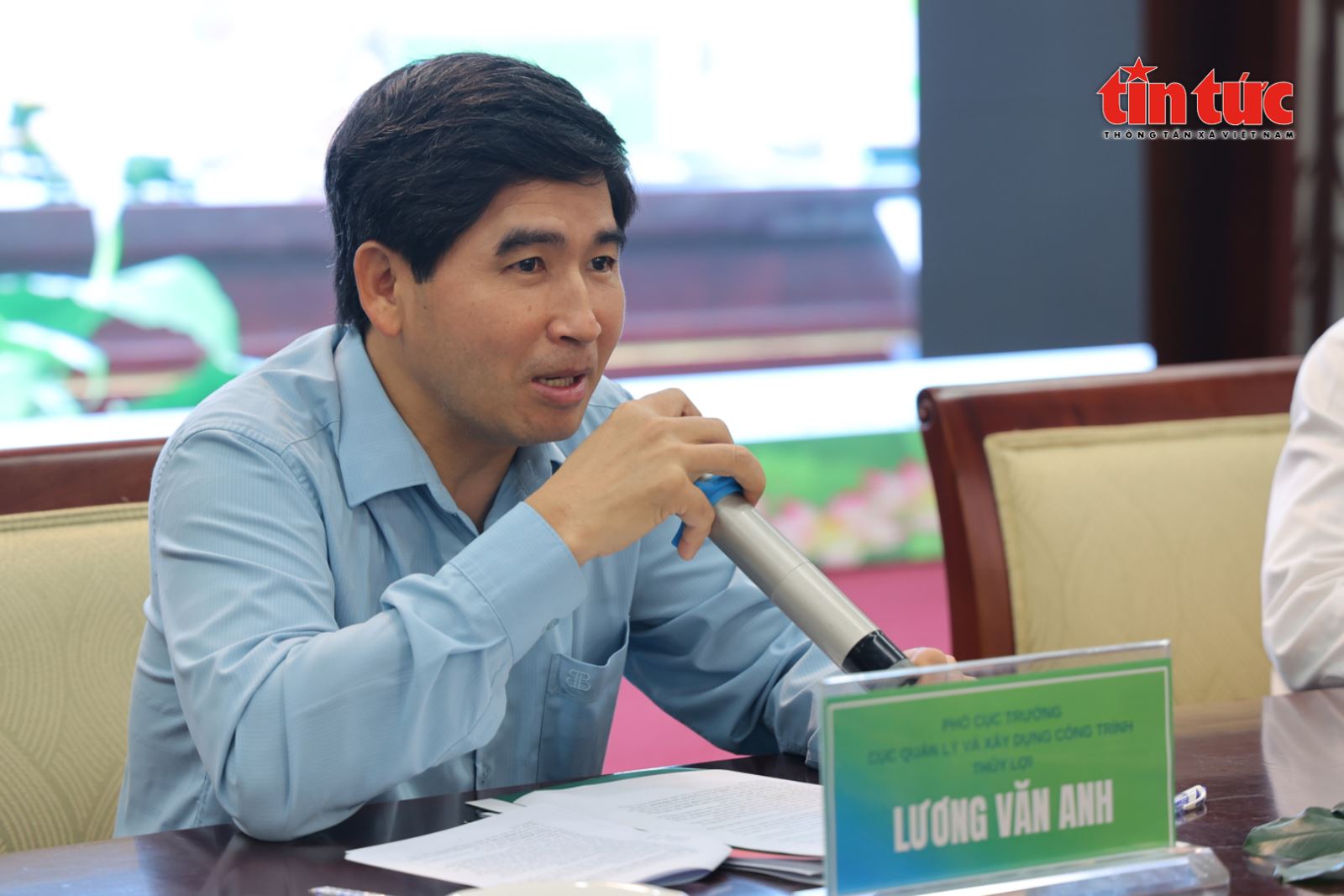
Regarding the current situation and resources, Mr. Giap Mai Thuy, Deputy Head of the Department of Rural Clean Water Management (Department of Irrigation Works Management and Construction) said that rural clean water supply has made an important contribution to the implementation of the National Target Program on New Rural Construction (2021 - 2025).
“To date, about 68% of rural households nationwide have access to water that meets standards, of which 60% use water from centralized water supply works, while 8% are supplied with water from household water supply systems. However, investment resources are still limited. For example, the total investment capital for the 2020-2024 period is about 13.4 trillion VND, while the demand for the 2021-2025 period is estimated at 29.2 trillion VND, a shortage of nearly 16 trillion VND,” Mr. Thuy added.
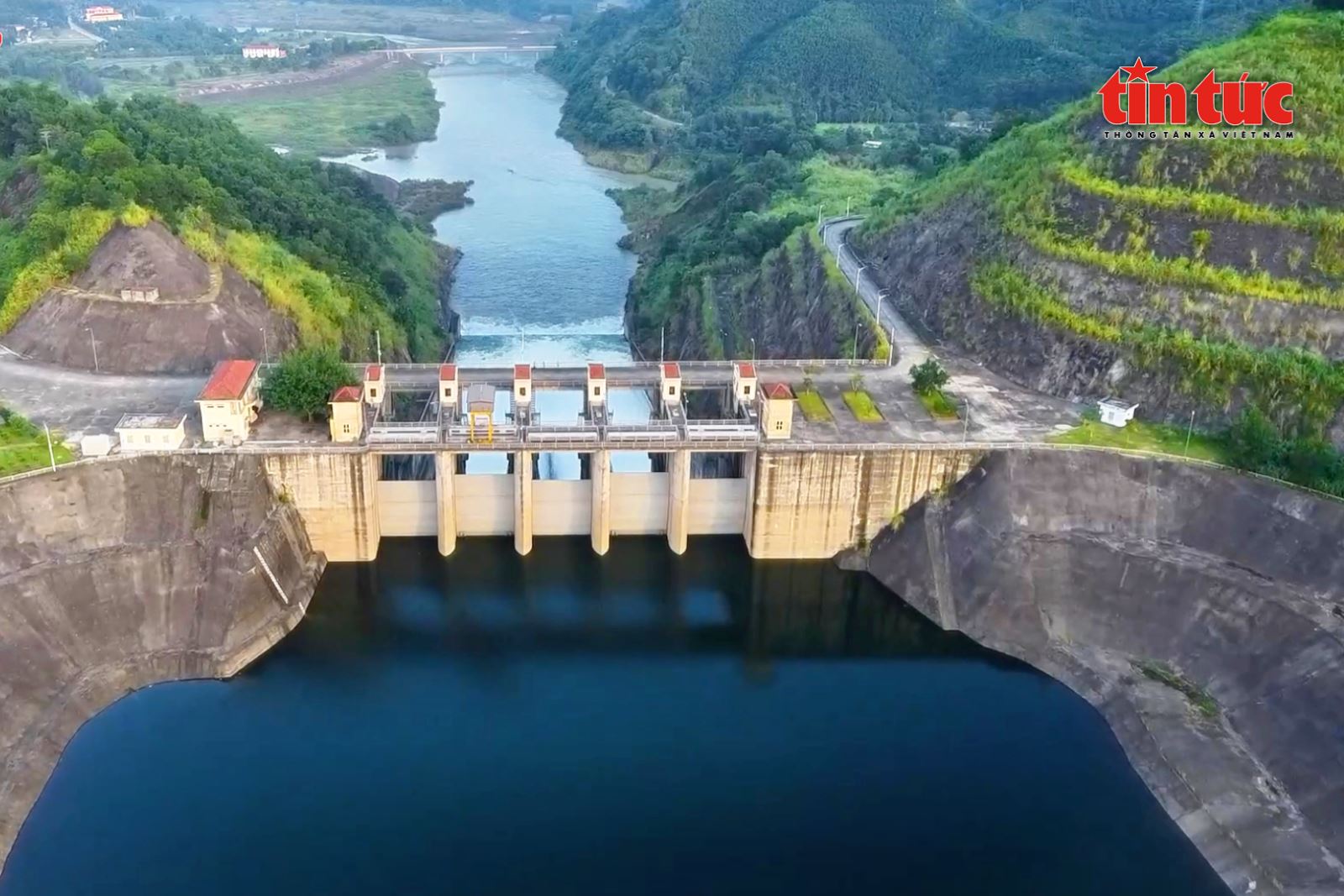
Mr. Thuy proposed perfecting mechanisms and policies and prioritizing investment in large-scale centralized water supply projects for water-scarce, drought-stricken, remote and island areas; at the same time, reviewing and adjusting water prices and guiding households to apply safe water storage solutions.
According to data from the Ministry of Agriculture and Environment, currently only about 52% of the rural population has access to clean water that meets standards. This figure shows the large gap between urban and rural areas in accessing clean water infrastructure. Meanwhile, clean water is not only a daily issue, but also closely linked to the competitiveness of Vietnamese agricultural products.
Many localities have initially established models of water-saving farming and reuse of treated wastewater. In Long An, the “water-circulating agriculture” model has helped farmers reduce irrigation water use by 20-30%, while increasing vegetable productivity by 10-15%. Similarly, in Ninh Thuan, smart drip irrigation systems are being widely applied in grape and apple production, helping to reduce water and electricity waste.
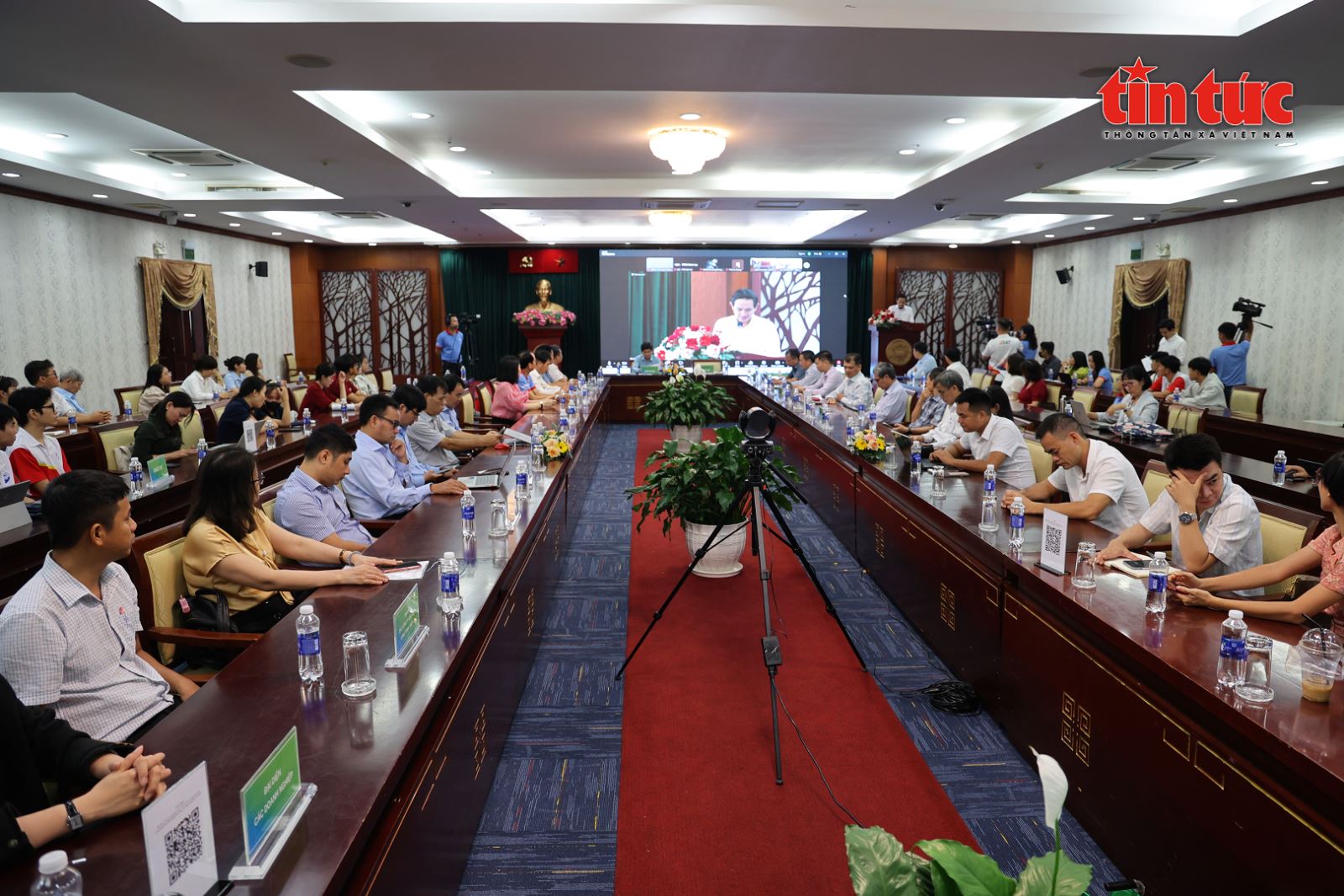
Investing in clean water is investing in the future.
According to experts, to ensure clean water for production and daily life, Vietnam needs to consider this as strategic infrastructure, equivalent to transportation and energy. Irrigation systems, reservoirs and rural water supply networks need to be invested synchronously, linked with land use planning and raw material area development.
“Currently, the Ministry of Agriculture and Environment is implementing a national program on restoring clean water sources in rural areas until 2035. The goal is to increase the proportion of rural people using clean water that meets standards to 80%, while increasing the rate of recycled water use in agricultural production to 15%,” said Mr. Luong Van Anh.
One of the highlights of the program is to promote the application of digital technology in water management and allocation. Monitoring data updated in real time will help localities proactively respond to fluctuations in water resources, especially during the dry season. In addition, new rural water supply projects will be designed to save energy and reduce greenhouse gas emissions.
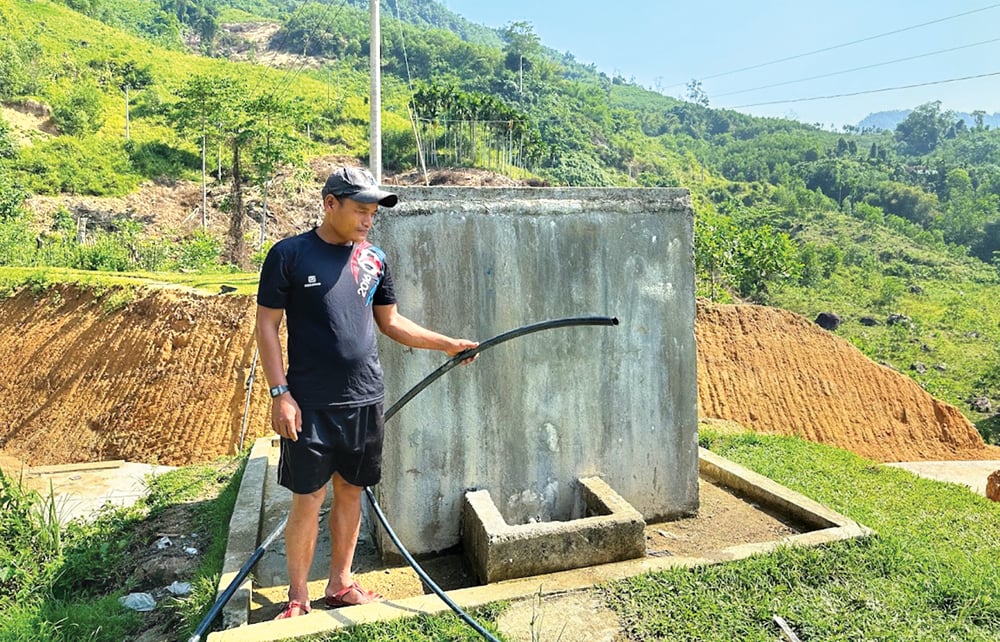
In An Giang, after the merger, the Department of Agriculture and Environment manages all rural clean water with 238 centralized water supply works serving about 665,160 households; the Center for Clean Water and Rural Environmental Sanitation (NS&VSMTNT) manages 96 works, serving more than 155,000 households.
However, according to Mr. Dang Duy Quang, representative of the An Giang Center for Rural Water Supply and Sanitation, providing clean water to people still faces many difficulties such as unstable organizational structure, weak coordination in site clearance, complicated procedures for drilling and exploiting groundwater, many degraded works have not been upgraded, and commune-level officials hold concurrent positions, so efficiency is still low.
“Decision No. 1348 of the An Giang Provincial People's Committee issued on October 3, 2025, has not yet added administrative procedures related to clean water in rural areas, although the Ministry had previously announced a list of eligible conditions for providing online public services,” Mr. Quang cited. He also said that the unit is reviewing water supply needs in development planning, applying smart technology to improve the efficiency and quality of water resources.
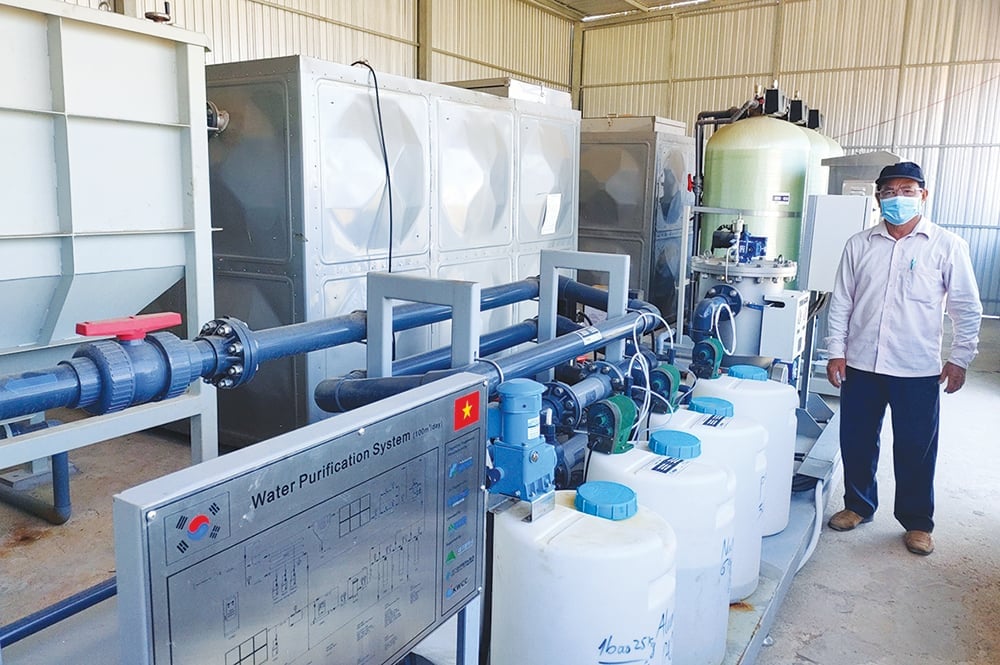
To increase the supply of clean water to rural people, public-private partnership (PPP) models in the field of clean water in rural areas are being encouraged to expand. In fact, when businesses participate with localities, operating costs are reduced, management efficiency increases and people have more stable water use. However, to expand, there needs to be a reasonable and transparent water price mechanism, ensuring the harmony of interests between the state - businesses - people.
In addition, environmental factors must be placed at the center of all clean water policies. Agricultural wastewater treatment, surface water protection, and prevention of pollution from livestock waste must be carried out in parallel with water supply planning. Only when the environment is protected can clean water be truly sustainable.
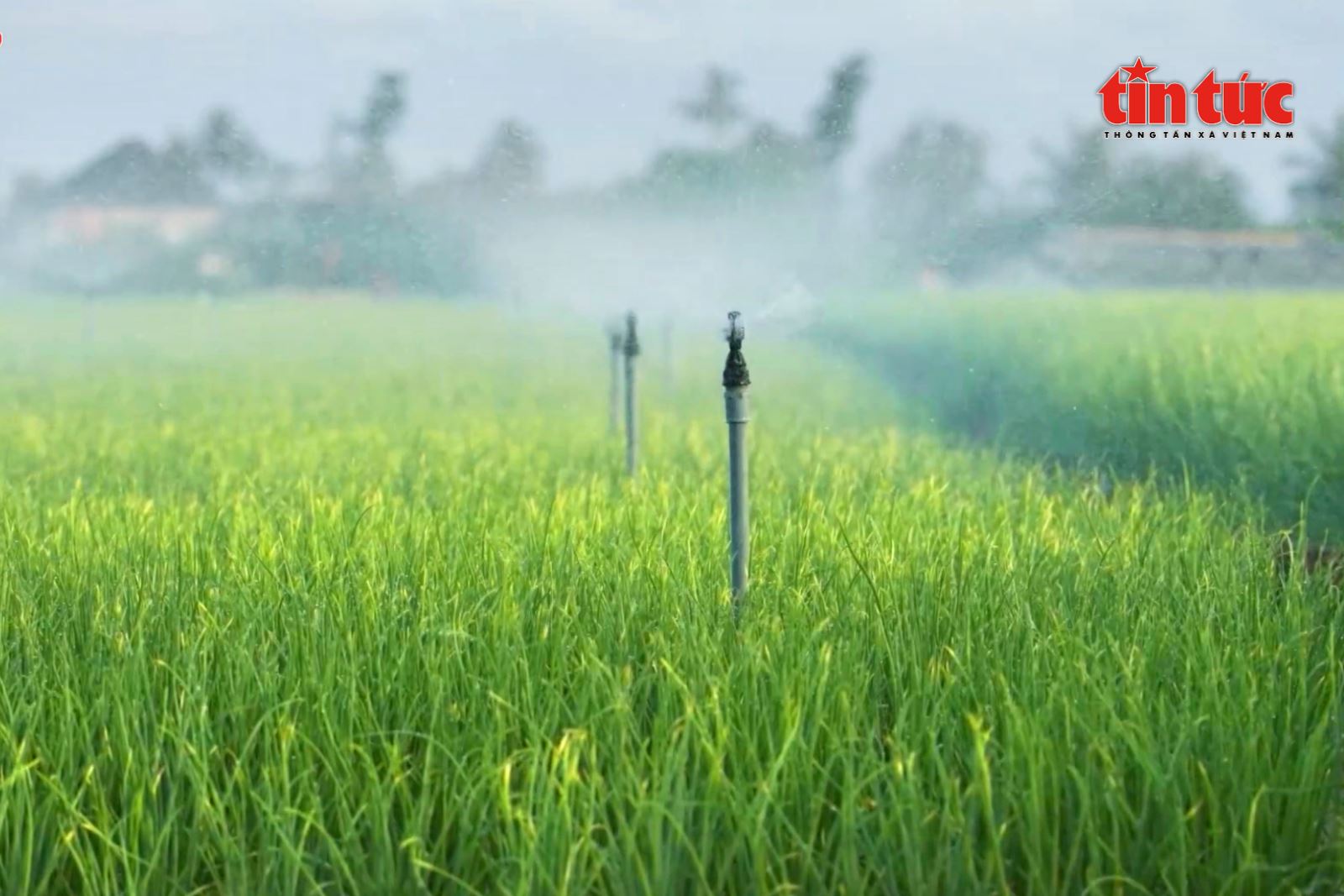
In the context of increasingly severe climate change, the role of clean water in agriculture becomes more and more vital. A green, smart and sustainable agriculture cannot be formed without the foundation of clean water - the starting point of all life.
Source: https://baotintuc.vn/xa-hoi/nuoc-sach-la-nen-tang-cot-loi-cho-nong-nghiep-ben-vung-nong-thon-van-minh-20251016141023319.htm



![[Photo] Parade to celebrate the 50th anniversary of Laos' National Day](/_next/image?url=https%3A%2F%2Fvphoto.vietnam.vn%2Fthumb%2F1200x675%2Fvietnam%2Fresource%2FIMAGE%2F2025%2F12%2F02%2F1764691918289_ndo_br_0-jpg.webp&w=3840&q=75)
![[Photo] Worshiping the Tuyet Son statue - a nearly 400-year-old treasure at Keo Pagoda](/_next/image?url=https%3A%2F%2Fvphoto.vietnam.vn%2Fthumb%2F1200x675%2Fvietnam%2Fresource%2FIMAGE%2F2025%2F12%2F02%2F1764679323086_ndo_br_tempimageomw0hi-4884-jpg.webp&w=3840&q=75)



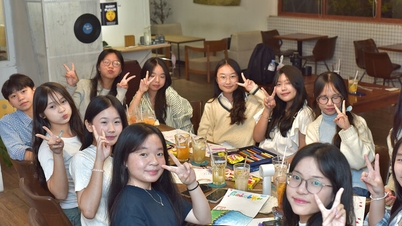

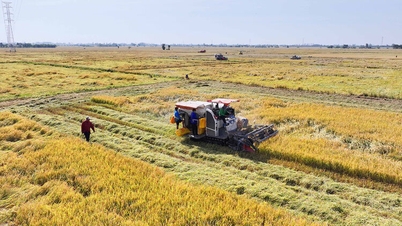
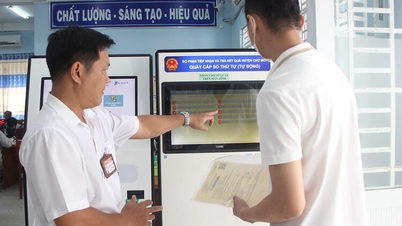

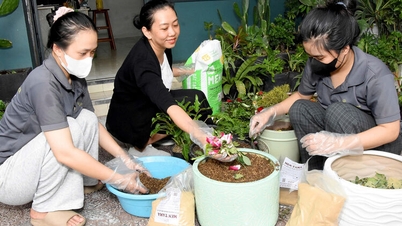

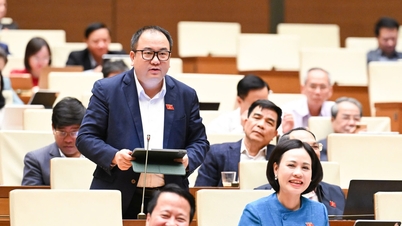


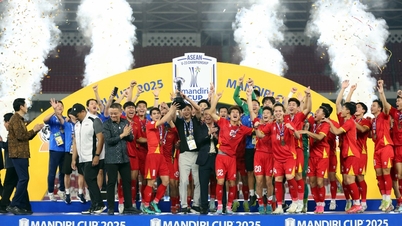

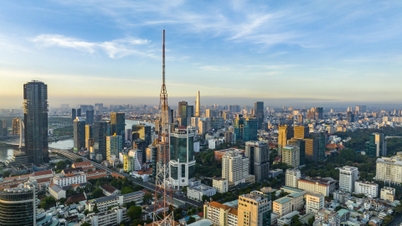


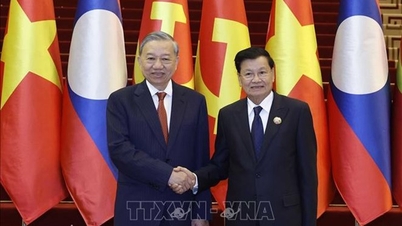





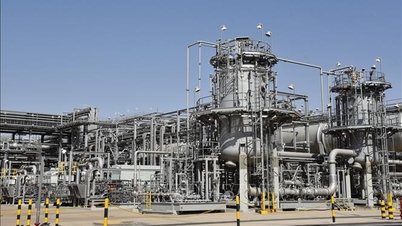
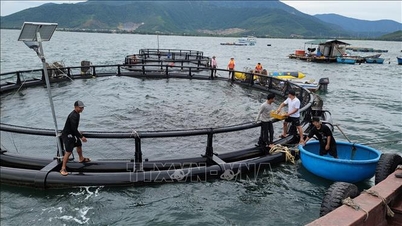
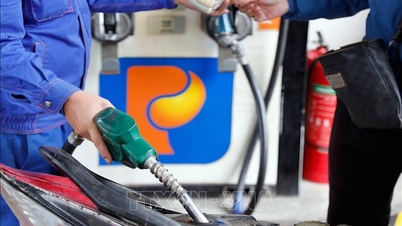
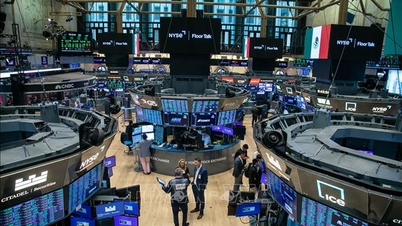
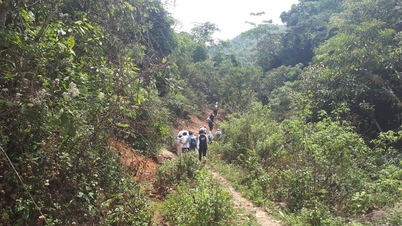
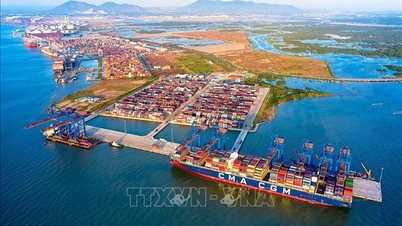
![[Video] Protecting World Heritage from Extreme Climate Change](https://vphoto.vietnam.vn/thumb/402x226/vietnam/resource/IMAGE/2025/12/03/1764721929017_dung00-57-35-42982still012-jpg.webp)

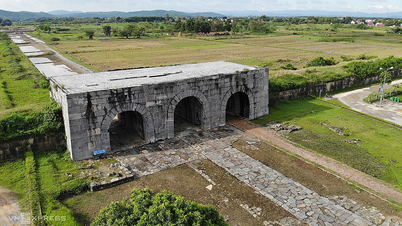

































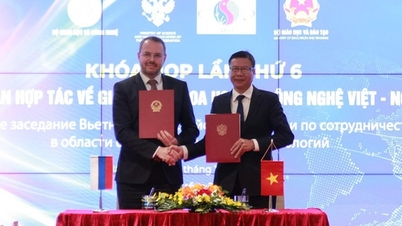



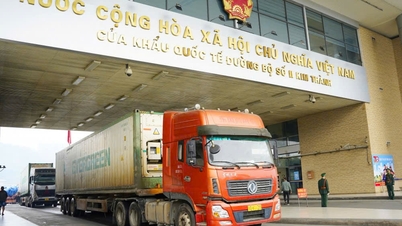



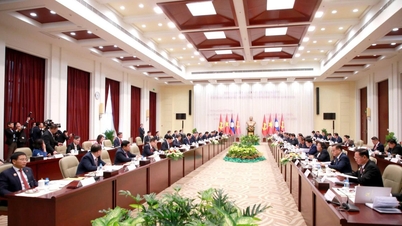

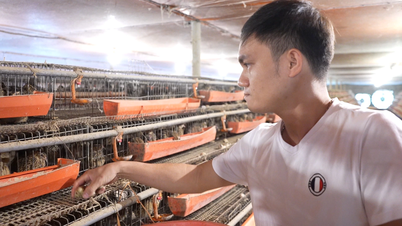


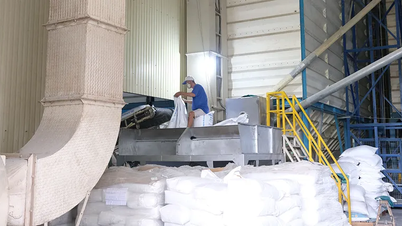

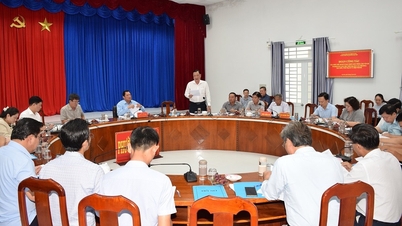
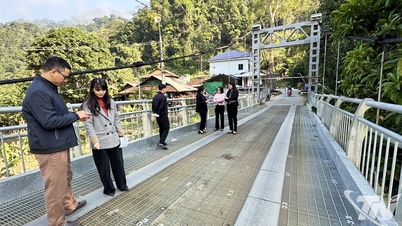

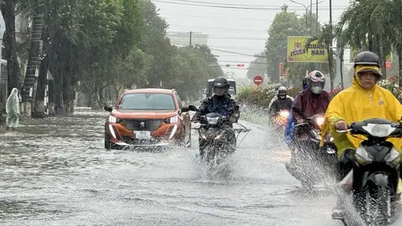











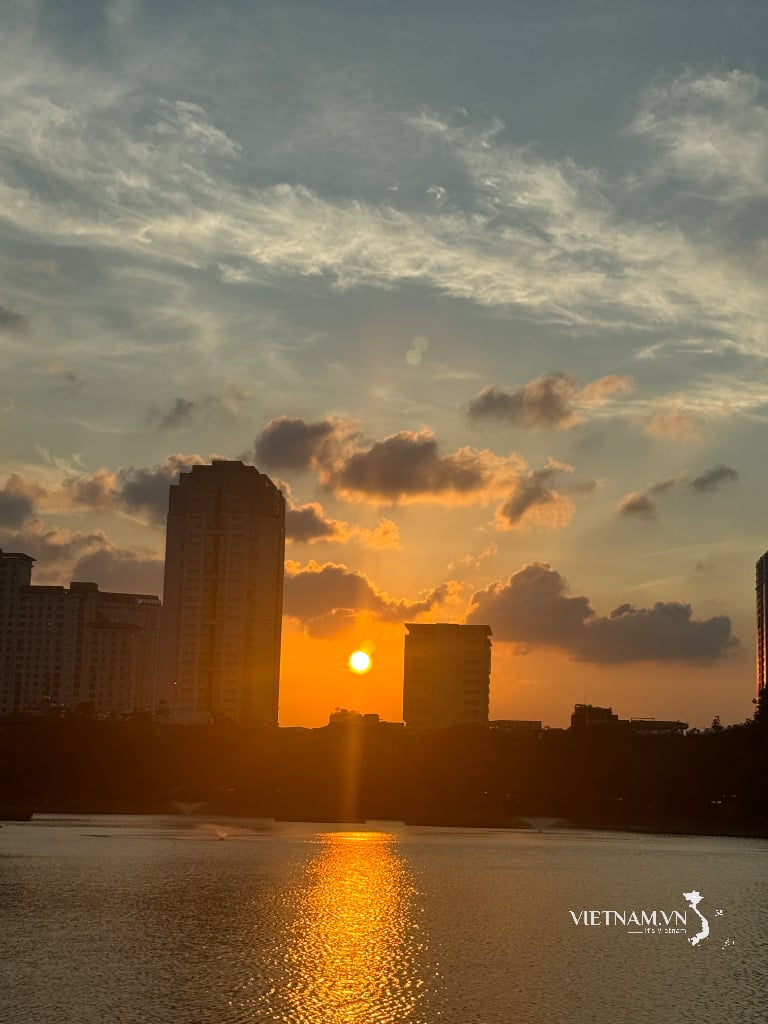

Comment (0)